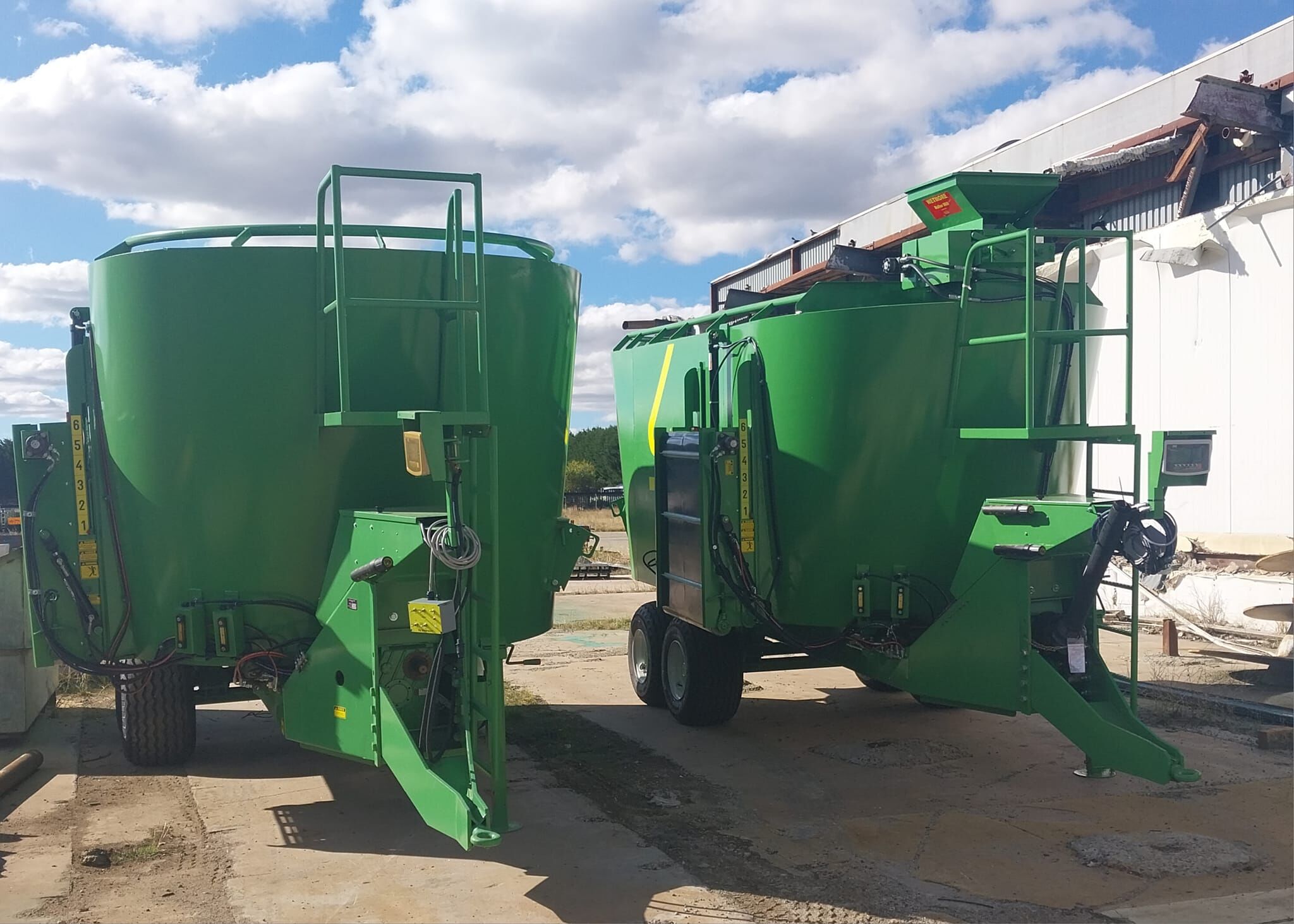Categories
Popular Posts
Eco-Friendly Agriculture: Harnessing the Power of Sustainable Farming Equipment Why Every Rolling Sports Field Needs a Lockwood Sport RollerHow Your Lockwood Grain Mixer Can Help with Animal Feed 5 Tips to Make Smart Ag Machinery Investments for Your Farm Top Benefits of Using Roller Mills in Livestock Feed Production
In the world of agriculture, having reliable machinery is essential for maximizing productivity and efficiency. However, purchasing brand new equipment can be a significant investment, especially for small-scale farmers or those just starting out. That's where buying used farm machinery comes into play. With the right approach, you can find high-quality, wellmaintained equipment at a fraction of the cost of new. Here's the ultimate guide to buying quality used farm machinery:
- Assess Your Needs: Before you start searching for used farm machinery, it's crucial to assess your specific needs. Consider factors such as the size of your operation, the type of crops you grow, and the tasks you need the machinery to perform. This will help you narrow down your options and focus on equipment that meets your requirements.
- Do Your Research: Once you have a clear understanding of your needs, research the types of machinery that are commonly used in your area and industry. Look into different brands, models, and features to determine which ones are best suited for your farm.
- Inspect Thoroughly: When shopping for used farm machinery, never skip the inspection process. Inspect each piece of equipment carefully, looking for signs of wear and tear, rust, leaks, and other potential issues. If possible, hire a qualified mechanic to inspect the machinery for you to ensure that it's in good working condition.
- Check Maintenance Records: Ask the seller for maintenance records and documentation of any repairs or upgrades that have been done to the equipment. A well-maintained machine is more likely to be reliable and perform well over time.
- Test Drive: If you're purchasing a tractor, combine, or other self-propelled equipment, be sure to test drive it before making a decision. Observe how it steers, accelerates, and brakes. You should also listen for any odd vibrations or noises.
- Consider the Age and Hours: While age and hours of use aren't the only factors to consider when buying used farm machinery, they can provide valuable insights into the equipment's condition and potential lifespan. Generally, newer machinery with fewer hours will have less wear and tear and may require less maintenance.
- Negotiate the Price: Don't be afraid to negotiate the price when buying used farm machinery. Do your research to determine the fair market value of the equipment, taking into account factors such as age, condition, and features. Be prepared to walk away if the seller isn't willing to negotiate a fair price.
- Factor in Additional Costs: Remember to factor in additional costs such as transportation, insurance, and any necessary repairs or upgrades when budgeting for used farm machinery. While buying used can save you money upfront, it's essential to consider the total cost of ownership over the life of the equipment.
- Buy from Reputable Sellers: When buying used farm machinery, it's crucial to purchase from reputable sellers who stand behind their products. Look for dealerships, auction houses, or private sellers with a track record of honesty and integrity.
- Ask for Warranty or Guarantee: Some sellers may offer a warranty or guarantee on used farm machinery, providing added peace of mind. Be sure to ask about any warranty coverage and what it includes before finalizing the purchase.
By following these tips, you can navigate the process of buying quality used farm machinery with confidence. With careful research, thorough inspection, and smart negotiation, you can find reliable equipment that meets your needs and helps you achieve success on the farm.
